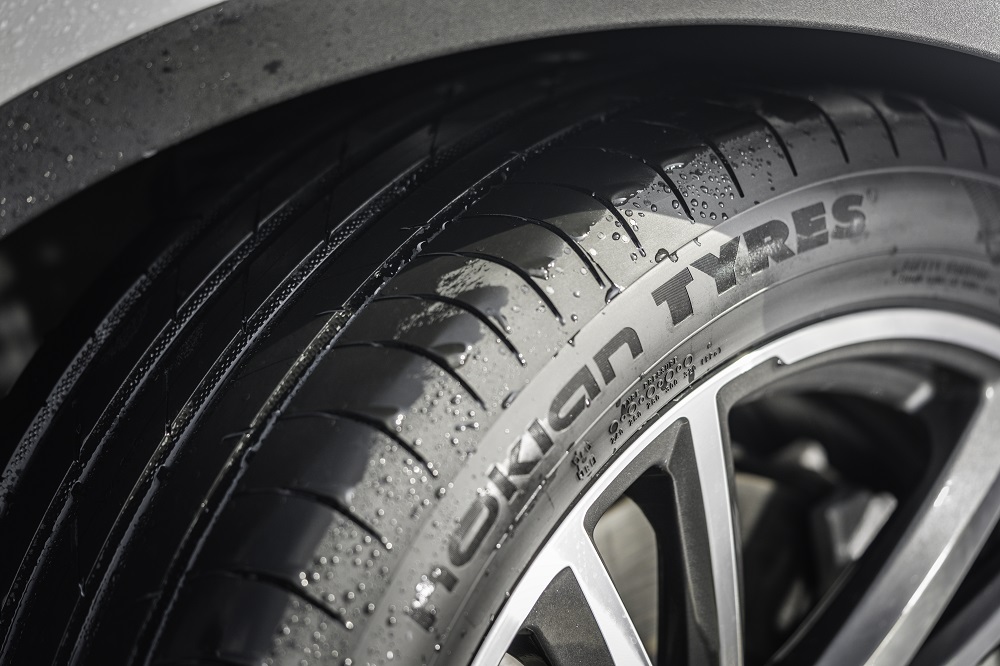Nokian Tyres has announced a development project partnership to improve the quality and yield of recovered carbon black – Aiming for even more sustainable tyres.
Nokian Tyres has signed a research agreement for an international project aiming to improve the quality and yield of recovered carbon black from end-of-life tyres. This will enable the use of higher amounts of recovered carbon black in rubber compounds, benefiting tyre and rubber product manufacturers in creating more sustainable products.
The target of the research project is to improve the properties of recovered carbon black so that it could be used more extensively. Nokian Tyres’ role in the project is to define the target properties for the improved recovered carbon black and test the materials produced.
“Nokian Tyres has worked on more sustainable tyres for years, and as a company, we want to increase our understanding about recovered carbon black. Getting production scale volumes of improved recycled carbon black would enable testing it in tyres and comparing it to both virgin carbon black and regular recovered carbon black,” says Heini Siekkinen, Senior Manager, Research and Sustainability at Nokian Tyres.
Nokian Tyres included recovered carbon black in a commercial product line in 2022. It was a step forward in reaching one of the company’s sustainability targets, which is to increase the share of recycled and renewable raw materials in tyres to 50% by 2030.
“The use of new raw materials requires a great deal of product development efforts and testing to find the best combination, as new raw materials can modify the compound properties. The use of recycled or renewable materials must not impair a tyre’s safety characteristics,” says Siekkinen.
The two-year development project is coordinated by Windspace Group A/S and co-financed by the Danish Eco-Innovation Program and the participants that in addition to Nokian Tyres include Environmental Waste International, Kiso A/S and Danish Technological Institute.
“More extensive use of recovered carbon black in manufacturing tyres and other rubber products is also in line with the EU’s sustainable development goals, according to which the material recovery of used tyres is to be increased and incineration reduced,” concludes Siekkinen.




















